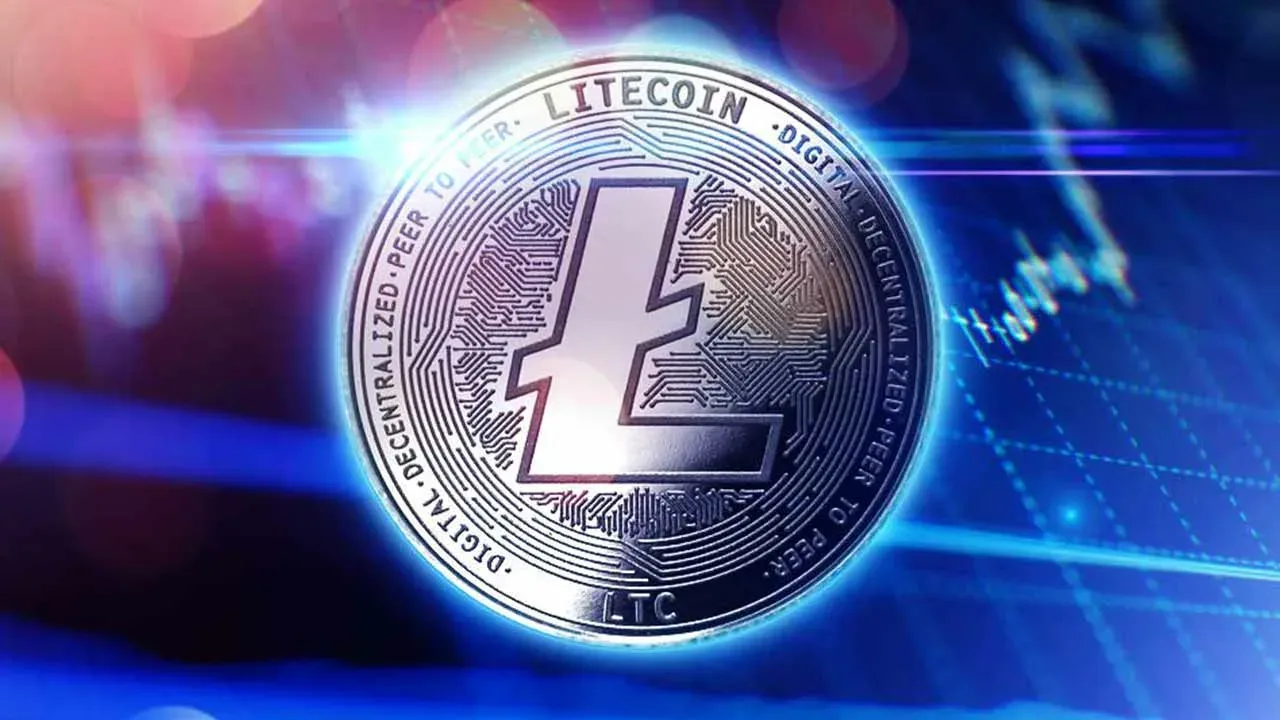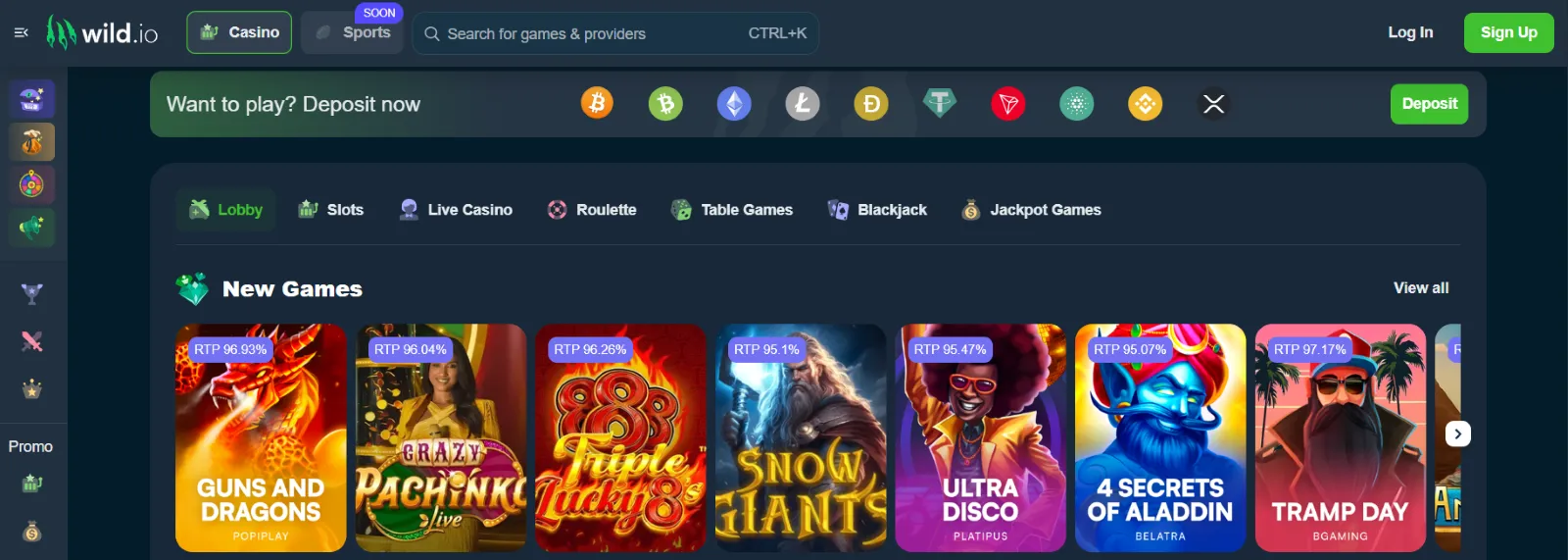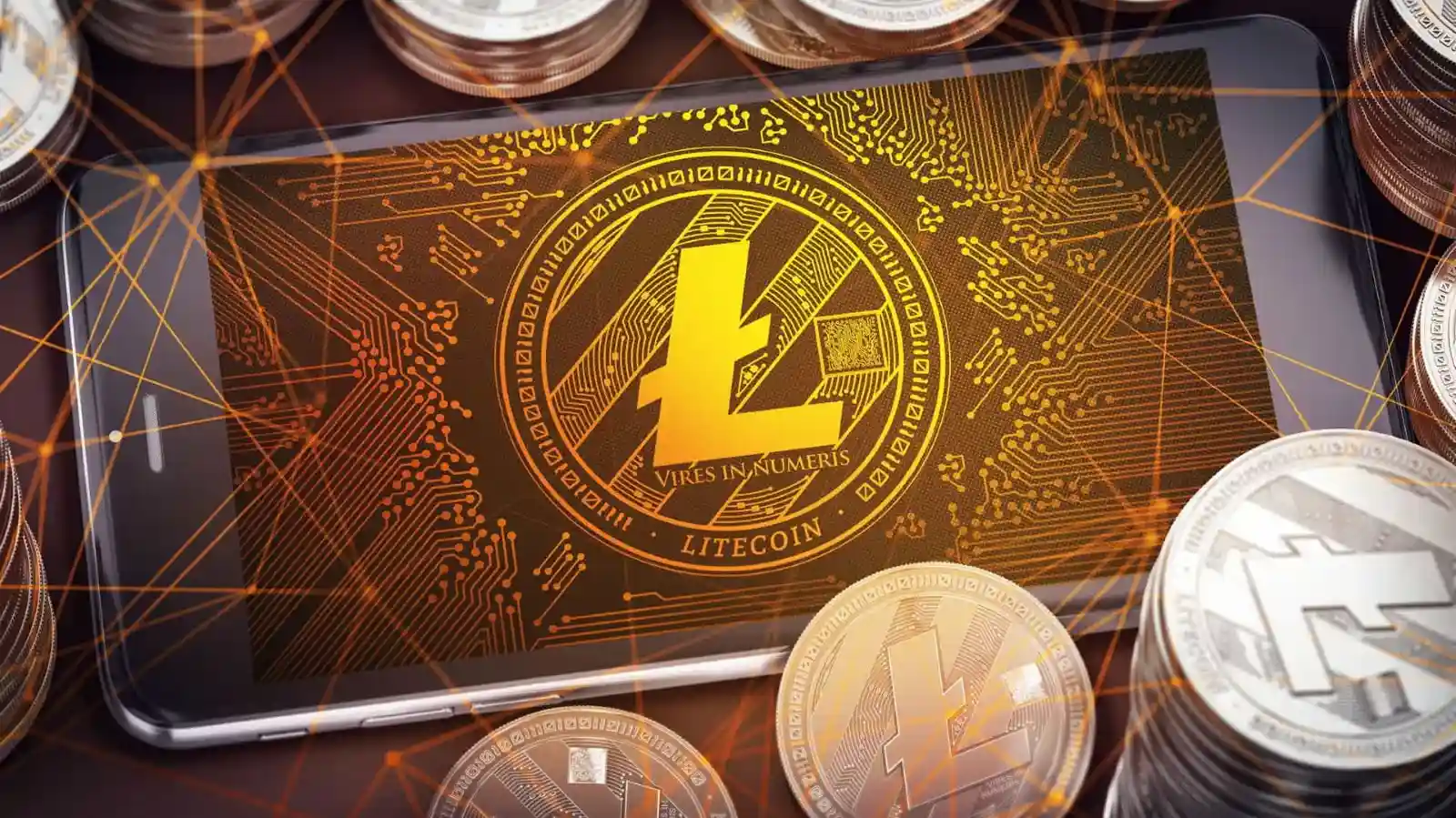Litecoin, created by Charlie Lee in 2011, emerged as an early player in the cryptocurrency space. Often referred to as "the silver to Bitcoin's gold," Litecoin has established its presence in the bustling cryptocurrency arena. So, what is Litecoin, and how does it differ from its counterparts in the crypto sphere? Exploring its unique features, functionalities, and its growing utility will unravel the answers to these questions.

Litecoin, often dubbed the "silver to Bitcoin's gold," is a peer-to-peer cryptocurrency that has gained notable recognition since its creation in 2011 by Charlie Lee. It operates on similar principles to Bitcoin, functioning as a decentralized digital currency based on blockchain technology. However, Litecoin distinguishes itself through some key characteristics, making it a unique player in the crypto space.
One significant difference lies in the hashing algorithm used. While Bitcoin relies on SHA-256, Litecoin utilizes Scrypt, designed to enable faster transaction confirmations. This results in quicker block generation, enhancing the speed of Litecoin transactions compared to Bitcoin. The total supply of Litecoin is also four times greater than Bitcoin, with a cap of 84 million coins, contributing to increased accessibility and affordability.
|
Advantages of Litecoin |
Disadvantages of Litecoin |
|
⚡ Faster transaction confirmation compared to Bitcoin |
Susceptible to market volatility |
|
🔒 Utilizes the Scrypt algorithm, promoting decentralization |
Regulatory uncertainties in the cryptocurrency market |
|
💼 Larger total supply (84 million coins) |
Relatively lesser name recognition compared to Bitcoin |
|
💵 More affordable for individual purchase |
Continuous evolution of the cryptocurrency landscape |
|
⛏️ Memory-intensive Scrypt discourages ASIC mining |
|
Understanding these pros and cons is essential for individuals considering Litecoin as part of their cryptocurrency portfolio or for those interested in the broader digital currency ecosystem.
Litecoin, much like other cryptocurrencies, has found its utility across diverse domains, ranging from everyday transactions to specialized industries. With its faster block generation time and lower transaction fees compared to Bitcoin, Litecoin is favored for smaller, everyday transactions, offering a swift and cost-effective alternative for daily financial needs.
Beyond conventional transactions, Litecoin has gained prominence in online casinos and gaming platforms. Its integration into the world of online gambling has surged due to its fast transaction processing and enhanced security features. Litecoin's presence in online casinos provides users with an efficient and secure means to engage in gambling activities, offering quick deposits and withdrawals with minimal fees, making it an appealing choice for players worldwide.
Litecoin's underlying technology operates on a blockchain network, employing a decentralized ledger system. It functions similarly to Bitcoin, utilizing a proof-of-work mechanism but differentiates itself through the Scrypt hashing algorithm. This algorithm is memory-intensive, discouraging the use of specialized mining hardware like ASICs, thereby enabling wider participation in the mining process and promoting decentralization.
The application of Litecoin extends beyond financial transactions, with its integration into various industries, including e-commerce, remittances, and investment portfolios. Its versatility and compatibility with multiple platforms make it a viable choice for individuals seeking a decentralized and efficient mode of conducting transactions in a wide array of scenarios.

Exploring Litecoin's role in online casinos unveils an area where cryptocurrency's evolution is most dynamic. The surge of digital currency's presence in online gambling highlights the efficiency and convenience it offers. In LTC-supported casinos, players enjoy several advantages:
The growth of Litecoin adoption in online casinos is notable, with an expanding number of platforms embracing LTC as a payment method. Casinos like BC.Game, FortuneJack, mBit, and others have integrated Litecoin into their systems, facilitating quick and secure transactions for players. These casinos present a diverse range of games and features, providing users with an array of gaming options and promotional offerings.
|
Casino |
Year of Foundation |
License |
Welcome Bonus |
|
🎲 BC.Game |
2017 |
Curacao |
15% cashback, $10,000 LBLOCK giveaway |
|
🌈 FortuneJack |
2014 |
Curacao |
110% match, 250 free spins |
|
💎 mBit |
2014 |
Curacao |
110% up to 1 BTC + 300 free spins |
|
🔥 Hell Spin |
2022 |
Curacao |
$400 bonus + 150 free spins |
|
🚀 Blizz Casino |
2022 |
Curacao |
100% 1st Deposit Bonus up to 1 BTC |
To engage in transactions with Litecoin, you'll first need to acquire the cryptocurrency. This typically involves purchasing LTC through cryptocurrency exchanges, where users can buy coins using fiat currency (like USD, EUR) or by exchanging other cryptocurrencies like Bitcoin (BTC). Alternatively, one can opt for peer-to-peer (P2P) transactions where individuals trade directly with each other.
Making Payments with Litecoin:
Litecoin transactions are verified through the blockchain network, requiring confirmations from multiple nodes. The process typically involves using a crypto wallet—a software or hardware application that stores cryptocurrency and facilitates transactions. Wallets have private keys allowing users to access their funds and public addresses for sending and receiving coins.
The simplicity and security of Litecoin transactions make it an appealing choice for various purposes, from everyday purchases to online transactions and investments.

Litecoin (LTC) holds a promising future, driven by its robust technology, dedicated community, and adaptability in the ever-evolving cryptocurrency landscape. As we peer into the future of Litecoin, several aspects stand out:
While predicting the future of any cryptocurrency involves uncertainties, Litecoin's resilience, continuous development, and community support bode well for its enduring presence in the crypto sphere. The journey ahead holds the promise of exciting advancements and further integration into global financial systems.
Litecoin is a peer-to-peer cryptocurrency created by Charlie Lee in 2011. While similar to Bitcoin, it distinguishes itself with faster block generation times and a different hashing algorithm (Scrypt). These features contribute to quicker transaction confirmations and make it more accessible for everyday transactions.
You can obtain Litecoin through various means. One common method is purchasing it on cryptocurrency exchanges using fiat currency or other cryptocurrencies. Additionally, you can receive LTC as payment, mine it, or engage in peer-to-peer transactions.
Litecoin is increasingly accepted by merchants worldwide. You can use LTC for various transactions, including online purchases, travel bookings, and donations to content creators. Moreover, Litecoin's integration into online casinos is growing, providing a secure and efficient way to engage in gaming.
Litecoin works seamlessly in online casinos, offering players a decentralized and secure payment option. To use LTC in online casinos, you need a compatible wallet. Deposit processes involve selecting Litecoin as your preferred payment method, entering the deposit amount, and confirming the transaction.